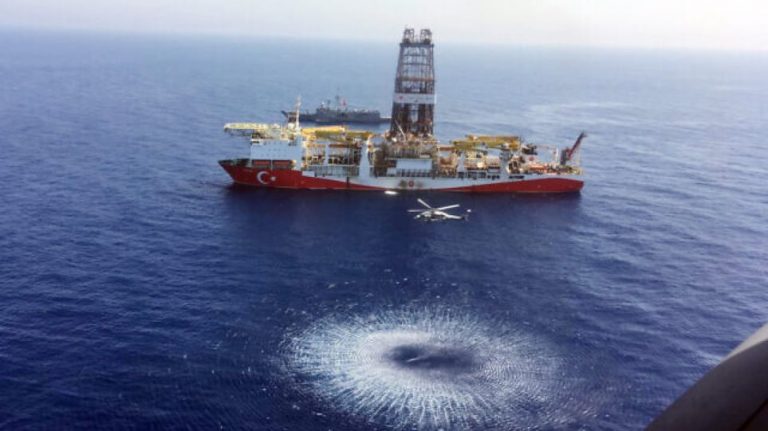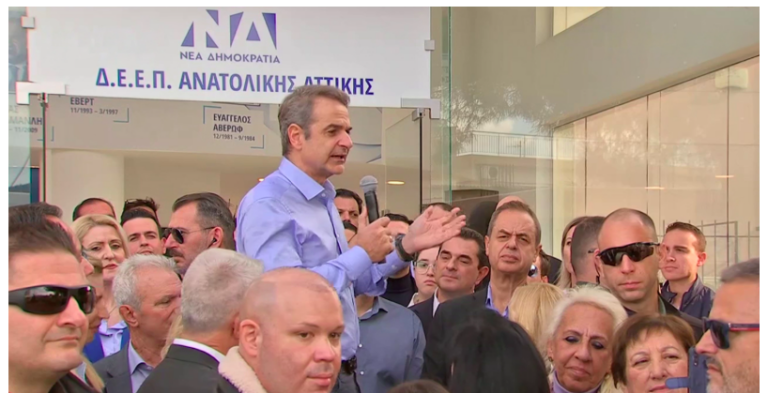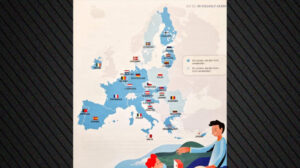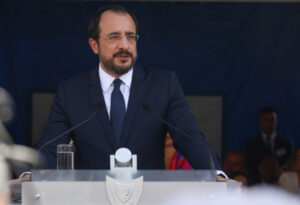The Israeli cabinet last week approved a pipeline deal to move gas offshore via Cyprus to Greece and Europe. The 1,900-kilometer (1,181 miles) link will connect gas fields in the Eastern Mediterranean basin to European markets. The $6 billion project, many years in the discussion, was boosted in January by an agreement signed in Athens between Israeli Prime Minister Benjamin Netanyahu and his Greek and Cypriot counterparts.
The EastMed project puts Israel on a collision course with Turkey. Ankara has laid claim, reinforced with a maritime deal with Libya, to large parts of the Eastern Mediterranean, where it is exploring for gas—and conducting naval exercises. These moves are exacerbating tensions with Greece.
Israeli-Turkish relations are as low as they have been in years. President Recep Tayyip Erdogan has made support for the Palestinians a centerpiece of his foreign policy, and the ruling AK Party uses every opportunity to slam Israel. In a recent televised speech, Erdogan said the conversion of Istanbul’s Hagia Sophia museum into a mosque a step to liberating Al-Aqsa mosque in Jerusalem. For Israel, Turkey’s support for Hamas in Gaza as a constant provocation.
Disputes over exploration rights and pipelines will add fuel to the heated rhetoric between the two countries. Turkish naval vessels harassed an Israeli research vessel near Cyprus last December, and Israel’s annual military assessment listed Turkey as a “challenge” for the first time last year.
France’s Cathedrals on Fire: “The Final Stage of De-Christianization”?
For good measure, France’s President Emmanuel Macron has joined the issue, calling for European Union sanctions against Turkey over what he described as “violations” of the sovereignty of Cyprus and Greece.
Read more: Bloomberg
Ask me anything
Explore related questions





